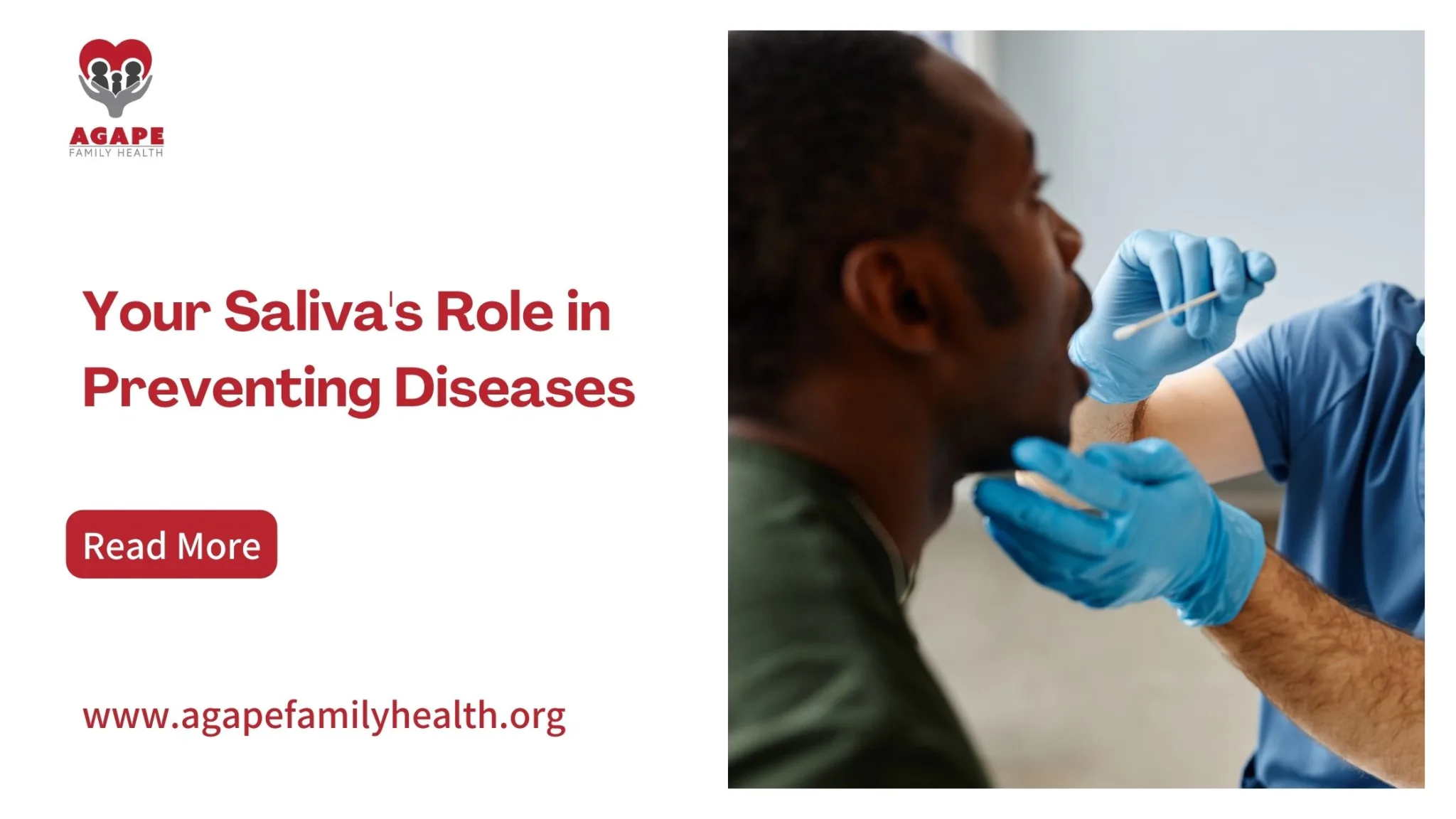Often overlooked and underappreciated, saliva holds the key to not just maintaining our health, but actively preventing a myriad of diseases. Secreted tirelessly by the salivary glands in our mouths, saliva stands as a vigilant protector against the relentless assault of pathogens and health issues. Yet, despite its critical role, many of us remain unaware of its importance and the powerful functions it performs every moment of our lives.
The problem lies not in saliva’s efficacy, but in our collective ignorance of its value. Without proper recognition and understanding of saliva’s protective abilities, we miss out on optimizing this natural defense mechanism. From aiding digestion to fighting off infections, saliva is a multifaceted warrior in the battle for our health. But how can we enhance its capabilities and ensure it functions at its peak?
How Does Your Saliva Aid in Preventing Diseases?
1. Aids in Digestion
Saliva isn’t just a lubricant; it’s a vital player in the digestion process, marking the beginning of the nutritional journey. When food enters the mouth, saliva springs into action, performing several critical functions:
- Enzymatic Breakdown: Saliva contains the enzyme amylase, also known as ptyalin, which starts the chemical process of breaking down complex carbohydrates into simpler sugars. This enzymatic action makes it easier for the stomach and intestines to further digest the food.
- Bolus Formation: The moistening action of saliva helps in forming a cohesive bolus (a ball-like mixture of food and saliva), making it easier to swallow. This is particularly important for the safe and efficient passage of food through the esophagus to the stomach.
- Taste Enhancement: Saliva dissolves food particles, which is essential for taste perception. This sensory feedback is crucial for enjoying food and, from an evolutionary standpoint, for detecting spoiled or toxic substances.
- Digestive Preparation: By initiating the digestion process in the mouth, saliva signals the stomach to start producing its digestive juices in anticipation of food arrival. This preparatory step ensures a seamless digestive process, optimizing nutrient absorption and minimizing digestive discomfort.
2. Protect Teeth and Gums
Saliva is a natural protector of oral health, offering a multi-faceted defense mechanism against the potential ravages of bacteria and acids:
- Cleansing Action: Saliva continually washes away food particles and debris from teeth and gums, reducing the risk of plaque buildup. This constant flushing action helps keep the oral cavity clean and reduces the food supply for harmful bacteria.
- Neutralizing Acids: One of the saliva’s superpowers is its ability to neutralize acids produced by bacteria in the mouth, which are a primary cause of tooth enamel erosion. By buffering these acids, saliva helps prevent cavities and tooth decay, protecting the integrity of teeth.
- Re-mineralization: Saliva contains calcium, phosphate, and fluoride, which are crucial for the re-mineralization of tooth enamel. This natural repair process helps reverse early damage from acid attacks, fortifying teeth against future decay.
- Antimicrobial Properties: Saliva harbors compounds like lysozyme, lactoferrin, and immunoglobulins that exhibit antimicrobial properties. These substances help control the growth of bacteria and fungi in the mouth, reducing the incidence of oral infections, gum disease, and bad breath.
- Gum Health: Beyond teeth, saliva plays a vital role in maintaining the health of gums by keeping them hydrated and nourished. A well-moisturized gum line is essential for preventing gum disease and ensuring the overall stability of teeth.
3. Prevent Infections
Saliva is a critical component of the body’s immune system, especially in the oral cavity, where it serves as a first line of defense against pathogens. Its role in infection prevention is multifaceted and involves several mechanisms:
- Antibodies: Saliva contains Immunoglobulin A (IgA), an antibody that plays a crucial role in mucosal immunity. IgA targets and neutralizes pathogens, preventing them from adhering to and penetrating the mucosal surfaces of the mouth and throat. This action is crucial for preventing respiratory and gastrointestinal infections.
- Antimicrobial Agents: Beyond antibodies, saliva is rich in antimicrobial proteins and peptides, such as lysozyme, lactoferrin, and defensins. Lysozyme can break down the cell walls of bacteria, causing them to lyse or burst. Lactoferrin binds to iron, making it unavailable for bacterial use, thus inhibiting bacterial growth. Defensins are small peptides that can disrupt the membranes of viruses and bacteria.
- Physical Flushing: Saliva helps in physically flushing out pathogens from the oral cavity. By continually moving through the mouth, it washes away bacteria and viruses, reducing their numbers and the likelihood of infection.
- pH Regulation: By maintaining a neutral pH in the mouth, saliva prevents the growth of acid-loving bacteria and fungi, reducing the risk of infections like oral thrush and dental cavities.
4. Facilitate Taste and Swallowing
Saliva plays a pivotal role in both the enjoyment of food and the mechanics of swallowing, enhancing the overall eating experience:
- Taste Enhancement: For food flavors to be perceived by the taste buds, the molecules need to be dissolved. Saliva acts as a solvent for these molecules, enhancing the ability to taste sweet, sour, salty, bitter, and umami flavors. This not only makes eating more pleasurable but also helps in assessing the quality and safety of food.
- Lubrication: The lubricating properties of saliva are essential for the comfortable swallowing of food. By coating the mouth and throat, saliva reduces friction, making it easier for the bolus of food to pass from the mouth through the esophagus to the stomach. This lubrication is especially important for dry or coarse foods, preventing discomfort and potential injury to the delicate tissues of the throat.
- Swallowing Reflex: Saliva also plays a role in initiating the swallowing reflex. As the mouth processes and moistens food, the accumulation of saliva triggers the reflex that propels the food bolus toward the esophagus. This reflex is crucial for efficient and safe swallowing, preventing choking and ensuring that food is directed away from the respiratory tract.
5. Early Detection of Diseases
Saliva has emerged as a valuable tool preventing diseases, offering a non-invasive method for monitoring and diagnosing health conditions. This capability is due to the rich composition of saliva, which reflects many of the body’s physiological states and changes:
- Biomarkers in Saliva: Saliva contains DNA, RNA, proteins, hormones, and other biomolecules that can serve as indicators of disease. For example, specific changes in the levels of certain proteins or the presence of unique genetic material in saliva can signal the early stages of cancers, including oral, breast, and pancreatic cancers.
- Detection of Systemic Diseases: Saliva testing can also reveal signs of systemic diseases, such as HIV and diabetes. For HIV, saliva tests can detect antibodies produced in response to the virus, offering a non-invasive alternative to blood testing. In the case of diabetes, changes in the composition of saliva can indicate alterations in glucose metabolism, potentially serving as a tool for early diagnosis or monitoring of the disease.
- Advantages of Saliva Testing: The use of saliva for disease detection offers several advantages over traditional blood tests. It is less invasive, causing no discomfort to the patient, which can be particularly beneficial for frequent monitoring. Saliva collection is also simpler and safer, reducing the risk of infections associated with needle sticks. Furthermore, the ease of collection facilitates self-sampling by patients, potentially improving disease screening and monitoring compliance.
6. Barrier to Pathogens
Saliva functions as an integral component of the body’s immune defense, providing a protective barrier against a wide array of pathogens. This defense mechanism is primarily facilitated through a combination of enzymes and antibodies present in saliva:
- Enzymatic Protection: One of the key enzymes in saliva, lysozyme, plays a crucial role in protecting against bacterial infections. Lysozyme attacks the cell walls of bacteria, causing them to rupture and die. This enzyme is particularly effective against certain pathogens that are known to cause oral infections and sore throats.
- Immunological Defense: Saliva contains various antibodies, with Immunoglobulin A (IgA) being the most prevalent. IgA targets and neutralizes pathogens, preventing them from adhering to mucosal surfaces and penetrating deeper into the body. This action is vital for stopping infections before they start, acting as a first line of defense at the entry points of the respiratory and digestive systems.
- Antimicrobial Peptides: Beyond enzymes and antibodies, saliva also contains antimicrobial peptides, such as defensins and cathelicidins, which have the ability to destroy bacteria, fungi, and viruses. These peptides disrupt the pathogens’ cell membranes, leading to their destruction.
Enhancing Your Saliva’s Protective Abilities
Enhancing the protective abilities of saliva is crucial for maintaining oral health and preventing diseases. Here are expanded insights into how each of these tips can contribute to maximizing saliva’s beneficial effects:
1. Stay Hydrated
Hydration plays a pivotal role in saliva production. Saliva is made up of about 99% water, making adequate hydration essential for maintaining its flow and functions. When the body is dehydrated, saliva production decreases, leading to dry mouth (xerostomia), which can increase the risk of dental decay, gum disease, and infections. Drinking water throughout the day helps maintain optimal saliva flow, ensuring its protective enzymes and proteins are sufficiently produced to defend against pathogens and aid in digestion.
2. Practice Good Oral Hygiene
Good oral hygiene is foundational to enhancing saliva’s protective roles. Brushing twice a day with fluoride toothpaste, flossing daily, and regular dental check-ups help remove food particles and plaque, a sticky film of bacteria that can harm teeth and gums. By reducing the bacterial load in the mouth, saliva can more effectively perform its protective functions, such as neutralizing acids and facilitating the remineralization of tooth enamel. Furthermore, a clean mouth allows saliva to more efficiently distribute its antimicrobial components, enhancing overall oral health.
3. Eat a Balanced Diet
Nutrition significantly impacts saliva production and composition. A diet rich in fruits, vegetables, and whole grains provides the necessary vitamins and minerals that support the glands responsible for saliva production. Additionally, foods high in fiber stimulate saliva flow as they require more chewing. Antioxidants found in various foods can also protect the salivary glands and promote the production of quality saliva, which is vital for maintaining oral health and preventing diseases.
4. Avoid Tobacco and Limit Alcohol
Tobacco use and excessive alcohol consumption are detrimental to saliva production and function. Tobacco can alter the composition of saliva, making it less effective in its protective roles, and contribute to the development of oral cancers. Alcohol, particularly in excessive amounts, can dehydrate the body and reduce saliva flow, leading to a dry mouth. By avoiding tobacco and limiting alcohol intake, individuals can preserve their saliva’s protective qualities, preventing diseases in the mouth.
5. Chew Sugar-free Gum
Chewing stimulates saliva production, which is beneficial for oral health. Sugar-free gum, in particular, is recommended because it does not contribute to tooth decay. The act of chewing increases saliva flow, helping to neutralize acids in the mouth after eating, wash away food particles, and enhance the natural process of tooth remineralization. Additionally, some sugar-free gums contain xylitol, a sugar alcohol that can reduce the levels of decay-causing bacteria in the mouth.





